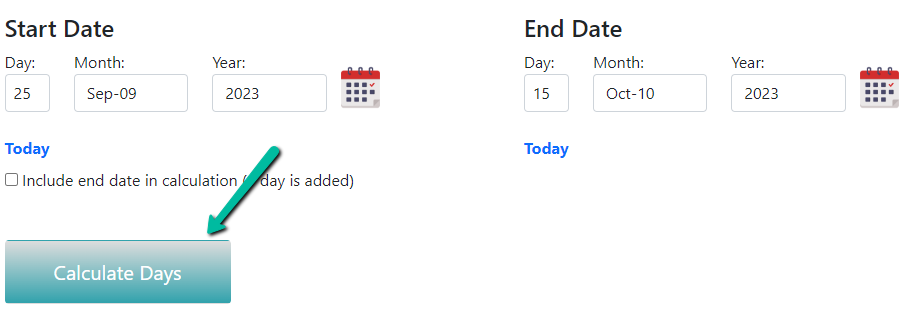
The Significance and Applications of Day Counters
Time is a fundamental aspect of our lives, and as we navigate through our daily routines, keeping track of days becomes second nature. Day counters, whether traditional or digital, play a crucial role in helping us organize our lives, set goals, and mark significant events. In this article, we will explore the significance of day counters, their historical context, and their applications in various aspects of life.
Historical Perspective:
The concept of counting days has deep historical roots, dating back to ancient civilizations. Early methods of day counting were often tied to celestial events, such as the phases of the moon or the position of the sun. Calendars, developed by cultures like the Egyptians, Greeks, and Romans, were instrumental in organizing days for agricultural, religious, and administrative purposes.
Evolution of Day Counters:
With technological advancements, day counting has evolved from traditional methods to more sophisticated systems. Modern calendars, such as the Gregorian calendar, form the basis for most day counters today. Digital day counters have become prevalent, integrated into various devices like smartphones, smartwatches, and computer applications, making it easier than ever to keep track of time.
Significance in Personal Development:
Day counters play a crucial role in personal development by helping individuals set and achieve goals. Whether it’s tracking a fitness journey, maintaining a streak of daily habits, or reaching milestones in a project, the ability to quantify time provides a tangible measure of progress. Day counters serve as motivational tools, encouraging consistency and discipline.
Applications in Health and Wellness:
In the realm of health and wellness, day counters are frequently used to monitor various aspects of well-being. Individuals might use them to track the number of days since they started a new exercise routine, quit smoking, or adopted a healthier diet. The visual representation of progress can be a powerful motivator in promoting positive lifestyle changes.
Business and Project Management:
Day counters are indispensable in the business world, particularly in project management. Teams use them to set deadlines, measure project duration, and monitor milestones. Gantt charts and project management software often include day counters to provide a clear timeline of tasks and deadlines, aiding in efficient project execution.
Counting Down to Events:
Day counters are not only about tracking the past but also anticipating the future. They are widely used to count down to significant events such as weddings, birthdays, holidays, and product launches. The excitement generated by watching the countdown tick away adds an extra layer of anticipation to these occasions.
Use 5 minute timer
Cultural and Religious Observances:
Different cultures and religions have their own calendars and day-counting systems tied to their traditions and observances. Religious holidays and festivals are often determined by specific lunar or solar cycles, requiring accurate day counting to ensure the proper timing of celebrations.
Challenges and Controversies:
While day counters provide a practical means of organizing time, they are not without challenges. The adoption of different calendars globally can lead to discrepancies in counting days, creating challenges in international communication and scheduling. Additionally, controversies may arise when considering historical events and their impact on certain communities.
Conclusion:
In conclusion, day counters are more than simple tools for tracking time; they are integral to our personal, professional, and cultural lives. As we continue to evolve technologically and culturally, the methods of counting days will likely undergo further changes. Whether you prefer a traditional calendar on your wall or a digital app on your smartphone, the essence of day counting remains a universal and essential aspect of our existence.


